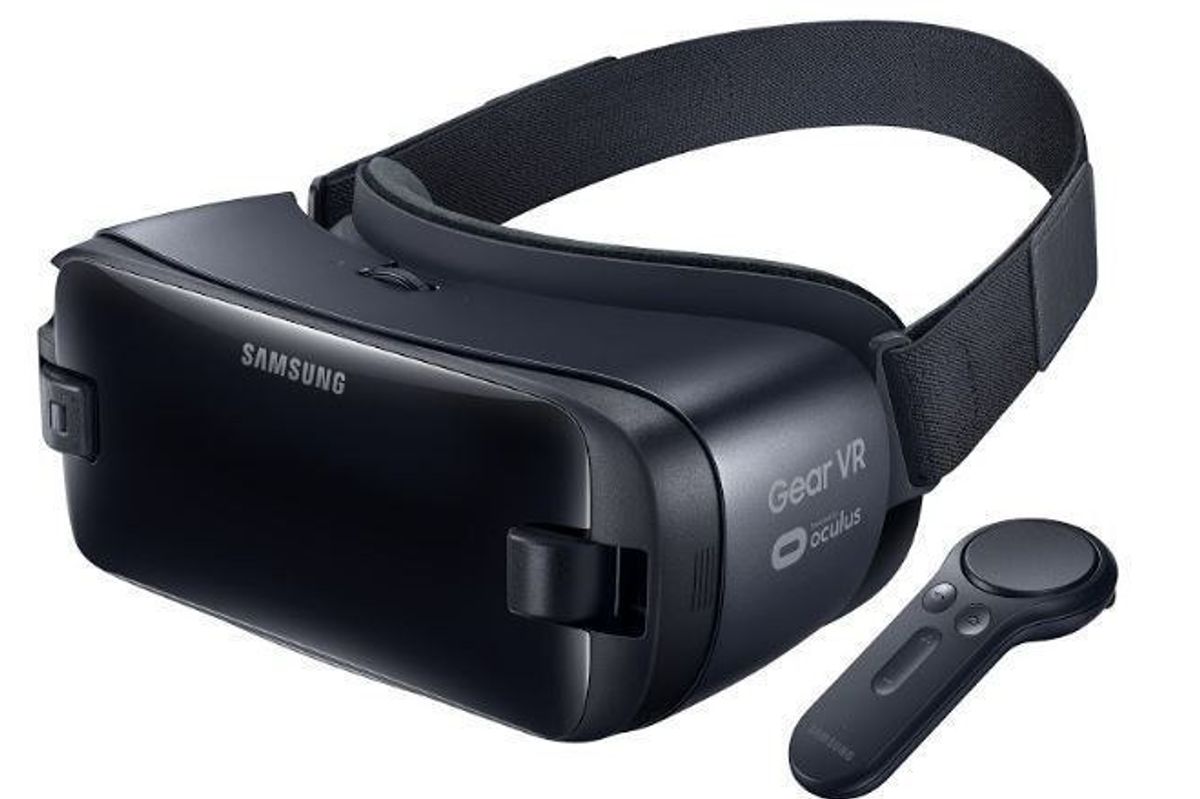Virtual Reality

Samsung
Oculus sounds death knell for 'missed opportunity' of Samsung Gear VR
Oculus technology officer John Carmack sounds the death knell for phone-powered virtual reality headset.

Oculus technology officer John Carmack sounds the death knell for phone-powered virtual reality headset.
Three years after it offered a glimpse at a future of affordable and portable virtual reality, the Samsung Gear VR is all but dead.
Sure, the latest model and its hand controller still appear in great detail on the websites of both Samsung and Oculus. But actually buying it from these sites is no longer possible; the listings for the headset remain frozen in time, complete with notices of compatibility with nothing more recent than 2018's Samsung Galaxy S9 and 2017's Note 8.
Read More:
Now, John Carmack, the chief technology officer of Oculus, the VR company Samsung partnered with to create the Gear VR, has called time on the product.
Speaking about the latest Quest VR headset at this week's Oculus developer conference, Carmack said: "As we move forward into the future with Quest, it is probably time for me to give a bit of a eulogy for Gear VR. While the software is supported, the days are numbered. And I do think we missed an opportunity here."
Oculus Go Standalone Virtual Reality Headset - 32GB
By this, Carmack means that Oculus will continue to offer software updates and bug fixes for the Gear VR, but that new models - and the continued production of the current version — seem very unlikely.
Carmack added: "I invested a whole lot of effort into it and it's the foundation that we've built all the mobile things off of. But looking back it's clear we had huge unit volumes…much larger than all our other headsets. And it had good reviews, people liked it. But it was not retentive. I mean the retention we have [for] Quest, Rift S, Rift, Go - and then Gear VR is way lower."
Part of this retention issue could have been down to the Gear VR often being given away for free with new Samsung smartphones. While a nice bonus for buyers, this meant the Gear VR often landed on the heads of casual smartphone owners who didn't care enough about VR to buy their own headset, let alone invest in a more capable Oculus model, or a newer Gear later down the line.
The writing was on the wall for the Gear VR when Samsung confirmed its latest smartphones, the Galaxy S10 and Note 10, would not be compatible with the headset.
We wonder now if Google's rival to Gear VR, called the Daydream, also faces an uncertain future. The device has not been updated for over a year, did not make an appearance at the company's annual I/O developer conference in the summer, and the creation of new VR content to play on it has slowed.
Just as how the latest Samsung phones do not work with the Gear VR, Google latest Pixel 3a handset is incompatible with the Daydream. If the Pixel 4 due out in October follows the trend then, unless a new model of Daydream debuts alongside it, we fear Google's VR efforts will go the same way as Samsung's.
While these smartphone-powered VR headsets at first made perfect sense, and made VR accessible to the masses, physical issues remain. They are clunky to setup, and today's flagship smartphones run hot enough on their own, never mind when they are placed inside a VR headset and asked to power that too
On a related note, battery life can also be a concern, and so too can issues with making new, differently-sized phones work inside the same headset.
Given all this, plus the lowering price of more capable VR systems, it perhaps shouldn't be a surprise that the Gear VR (and potentially Daydream too) is about to disappear.
Oculus Quest All-in-one VR Gaming Headset - 64GB
GearBrain Compatibility Find Engine
A pioneering recommendation platform where you can research,
discover, buy, and learn how to connect and optimize smart devices.
Join our community! Ask and answer questions about smart devices and save yours in My Gear.
